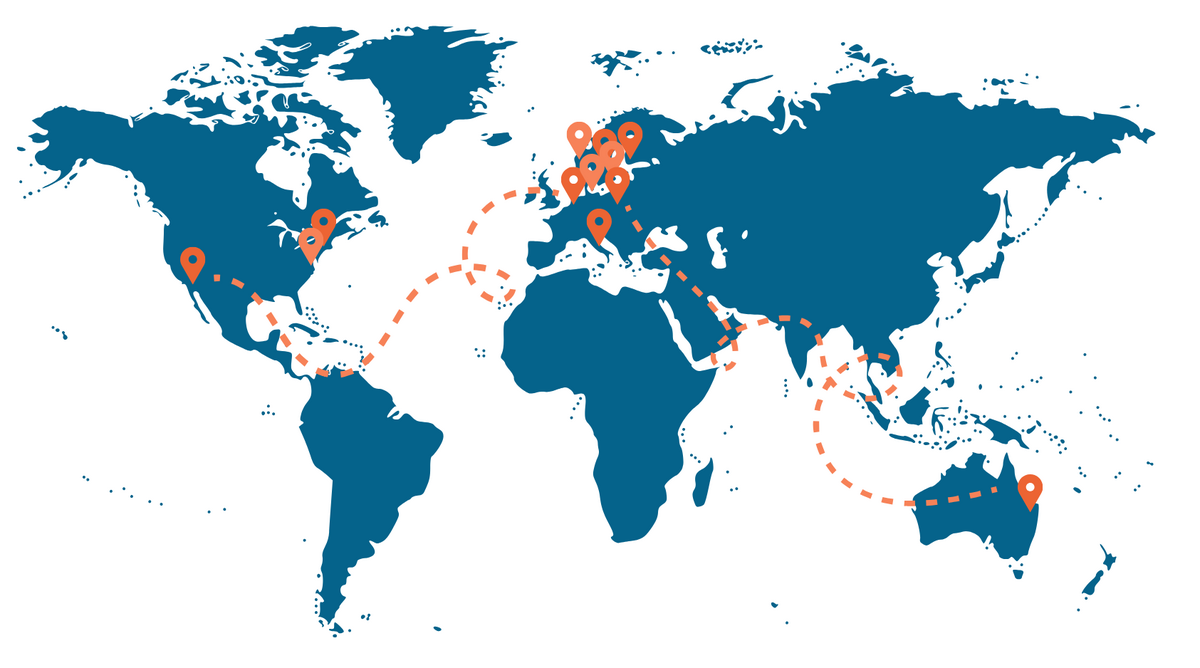DATALAB – Center for Digital Social Research, built on an interdisciplinary research group operating since 2011, was formally established by group leader Professor Anja Bechmann in 2016. The center has a background in STS, platform studies, social media data retrieval, and analysis, forming the foundation for the development of for instance the software tool Digital Footprints used by researchers worldwide to retrieve data from Facebook and Instagram.
Today, the center conducts research in many different aspects of algorithmic and datafied societies with a focus on creating novel theories, scalable methods, and empirical knowledge. The scope of the associated projects ranges from specific harmful or harmed actors and groups to entire populations, covering aspects such as agency, behavior, and opinion formations. We aim to create knowledge and methods that go beyond the state-of-the-art in research fields and inform policy and regulatory framework of platforms and communication technology at national, European, and international levels.
The research conducted covers topics such as:
a) fundamental logics of AI-powered digital communication (e.g., social media and platform influence, human-AI-communication),
b) the balance between algorithmic and human control in connection with automation (e.g., AI biases, truth-building and representation, AI & big data ethics, data privacy for individuals and groups), and
c) the societal and political implications of big tech and associated content and actors (e.g. misinformation, the spread of alternative news, information and media trust, polarization, inequality, and data access)
Alongside the long-term and fundamental research, the center also hosts shorter-term projects focusing on specific missions related to challenges to digital societies. Such projects investigate how to 1) create a suitable and meaningful balance between algorithmic and human control in connection with automation; 2) sustain the provision of and access to trusted content online to safeguard democracy; and 3) protect conditions for privacy, autonomy and trust among individuals, and groups.

| European University Institute, Italy |
| Duke University, USA |
| IT University of Copenhagen, Denmark |
| Oslo Metropolitian, Norway |
| Queensland University of Technology, Australia |
| University of Amsterdam, the Netherlands |
| University of California Irvine, USA |
| University of Copenhagen, Denmark |
| University of Pennsylvania, USA |
| University of Warsaw, Poland |
| University of Helsinki, Finland |
| University of Bergen, Norway |
| University of Uppsala, Sweden |